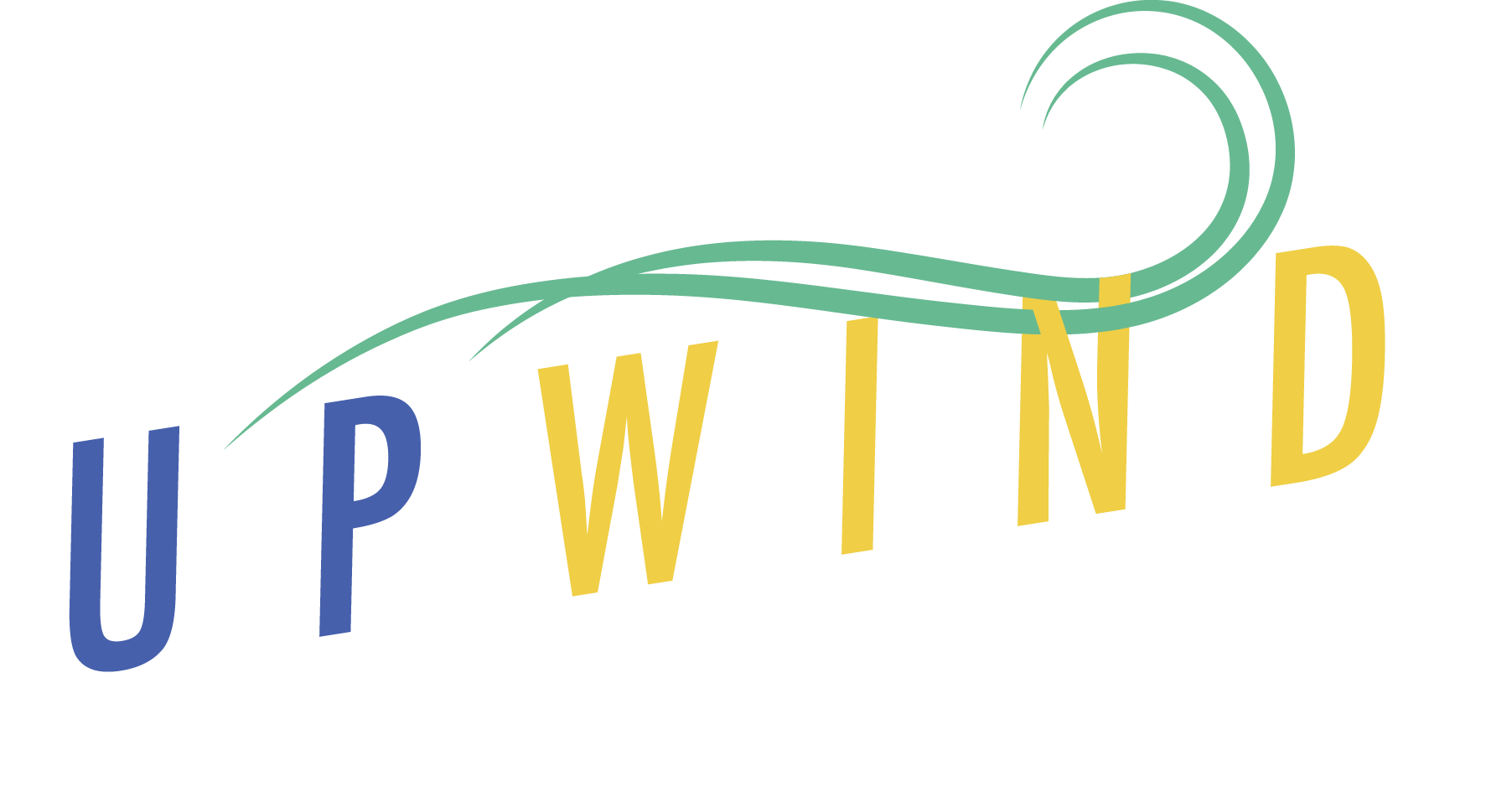March 27, 2018
The Current
In this week's edition:
- Thank you Philly!
- Oh Yes She Did! Weekly Highlight Clip
- The Crosswind Tour: Upcoming Events
Thank you Philadelphia!
Philadelphia sits right above the Mason-Dixon Line as one of the first places African-American slaves escaped to in the North. Today, it is the poorest big city in the US, amplified by a practice of “redlining” that came out in the 1930s and 1940s and rated certain neighborhoods based on their risks in receiving loans from the Home Owner’s Loan Corporation (HOLC). HOLC deemed neighborhoods with higher amounts of people of color and working-class neighborhoods as riskier investments, which created a larger gap between the rich and the poor.
After going through some basic definitions of equity, equality, and intersectionality, we dove lightly into redlining and what it has to do with the gender equity movement. Some of the conversation focused on field space: it’s relatively hard to get field space in the suburbs, although it’s cheaper and more accessible at local community and recreation centers. However, many of the players who traveled to those fields were not from those neighborhoods, so how do we build meaningful relationships with those communities? We also discussed PADA YO, aka Philadelphia Area Disc Alliance Youth Outreach, a program that hires temporary coaches to go into “underserved communities” to teach ultimate to people who might not have access to the sport or might not know about it. One question came up for debate: is it better to go into a community of people that does not look like you if you’re a white ultimate player trying to grow the sport or to not work in that community at all? We reflected on the importance of not being white saviors when we do that work.
Chris Lehmann walked in at the end. Lehmann, head coach of the boys ultimate team and principal at Science Leadership Academy in the city, has written a few different articles in the past couple months on Ultiworld about race in ultimate. (Read here, here, and here, in that order) He brought up the concern that if USAU continues to push high school play to a Youth Club Championships format (which requires players to pay money to travel and compete in Minneapolis once a year) that we are increasing the inaccessibility of the sport to players who can’t afford it. Lehmann has been vocal about investing in high school development as a way “to get the kids where they already are.” Be on the look out for his fourth piece with tangible next steps moving forward!
As for others in the room, their next steps were to continue to build time in practice to talk about these issues, to have a separate leadership group focused on equity within the team, and to continue to hire more women for paid roles in the AUDL. Looking forward to following the work Philly!
OH YES SHE DID!
Highlight of the Week
Getting ready for Worlds like... #playlikeMixtape #playlikeAMP

